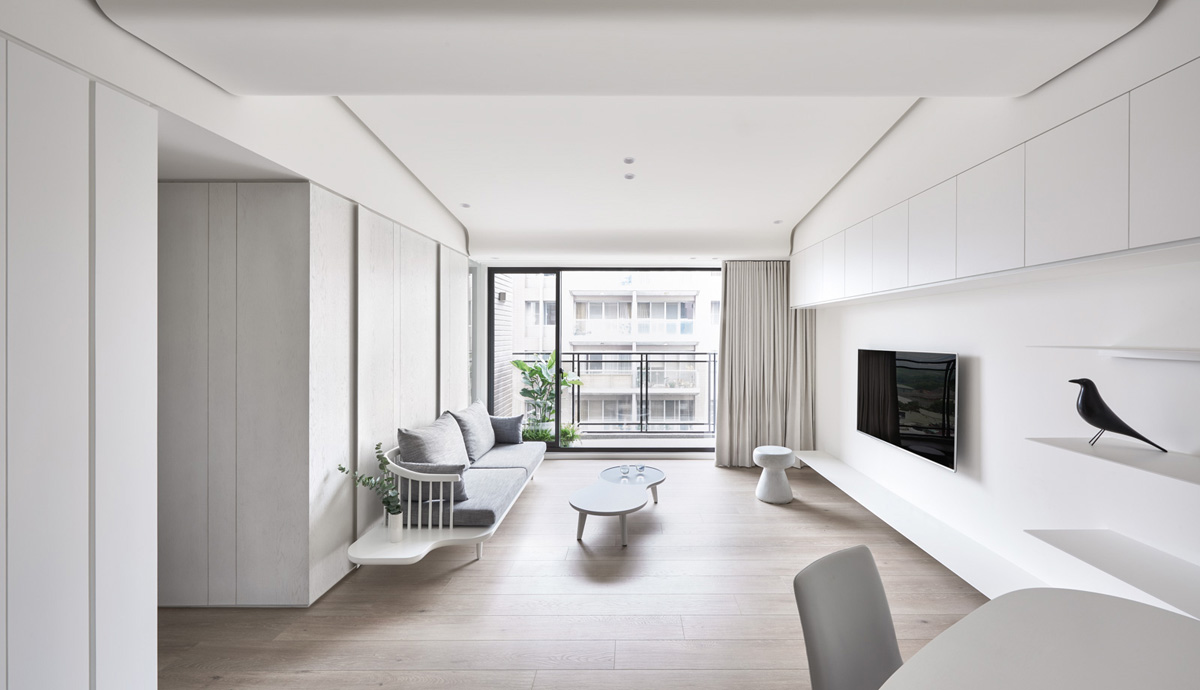
When considering small barns for sale, it is essential to think beyond price and design. Small barns can serve various purposes, from storage to studio spaces or guest houses.
To make a smart investment, you’ll want to ask the right questions from the start. Here are several crucial questions to guide your decision when considering small barns.
- What Will the Primary Use of the Barn Be?
Start by asking what you’ll use the barn for. A clear purpose will shape the size, layout, and materials. Typical uses include garden tool storage, hobby spaces, workshops, or animal shelters. Each need will affect structural features. If your barn doubles as a workspace, consider insulation and electricity. For livestock, ventilation and flooring should be key concerns.
- How Much Space Do I Need?
Bigger isn’t always better, especially with small barns. Maximize usable space without overcrowding your property. Consider not just floor space but vertical storage and loft potential. Some small barns offer second levels.
Measure any existing tools, equipment, or animals the barn will house. Ensure your barn accommodates these comfortably without wasting room. Don’t forget clearance for doors and windows. Proper access is crucial when the barn is in regular use.
- What Materials Are Best for My Location?
Ask what siding and roofing materials will withstand your area’s weather. Wood barns offer timeless charm and can be long-lasting with the proper upkeep. Metal barns are durable but may lack rustic appeal.
Composite materials may offer durability and aesthetics. Check warranties and maintenance needs, too. Ask your builder what they recommend for long-term performance. Not all materials are equal in every region.
- How Customizable Are the Designs?
Many small barns for sale offer customizable features like unique doors, windows, or finishes that match your home. Ask what changes are possible without added structural costs. Some builders provide modular options that simplify design changes.
A flexible design helps you get exactly what you need. Customization can also increase resale value. Remember your must-haves, but remain open to modifications that improve function and appearance.
- Do I Need a Permit?
Never assume a small barn doesn’t require approval. Always check with your town or county before construction begins. Permit rules vary by location and size. Structures over a certain square footage may require engineered plans.
Ask your barn builder if they help with the permitting process. Their experience could save you time and stress. Include this cost and timeline in your project planning. Delays in permitting can push back construction dates.
- What Kind of Foundation Is Required?
The foundation will impact stability, longevity, and total project cost. Ask what options work best for your barn size. Some small barns use gravel pads, while others need poured concrete or piers. Your climate and soil will influence this.
Proper foundations prevent moisture buildup and structural shifts. Don’t skip this critical piece of the puzzle. Compare foundation types, prices, and maintenance requirements. A strong base is worth investing in for long-term use.
- How Will the Barn Be Delivered or Assembled?
Ask whether the barn arrives pre-cut, as a kit, or pre-built. The delivery method may affect cost and labor. If it’s a DIY kit, be sure your skills or team can handle assembly. Otherwise, choose a model with professional installation.
Also, consider access routes for delivery. Make sure there’s space for equipment to enter and place the structure. Understanding delivery timelines and setup requirements will help your project stay on track.
- What’s the Total Cost, Including Extras?
Don’t just look at the base price. Your budget includes shipping, foundation, permits, custom features, and labor. Think long-term: will upgrades like insulation or electricity be worth it? Factor in future maintenance, too. Be honest about your financial comfort zone and look for barns that balance quality and value.
- How Will This Barn Fit Into My Property’s Aesthetic?
Beyond utility, think about how the barn looks. It should complement your home and landscaping. Ask about exterior finish options, such as paint, stain, or siding. Small barns should complement your overall property style.
Some people prefer a traditional New England style, while others want a modern twist. There’s no one-size-fits-all answer. Making your barn attractive helps it feel like a natural part of your space, not just an afterthought.
Make the Right Choice With Professional Help
There’s a lot to consider when exploring small barns for sale. Plan with care and choose a structure that suits your long-term needs. Connect with a professional barn manufacturer today.

